The deal was expected to help Microsoft gain a foothold in the rapidly growing smartphone market dominated by Apple's iOS and Google's Android. Instead, it turned out to be a huge failure that Microsoft ultimately had to write off as a huge loss.
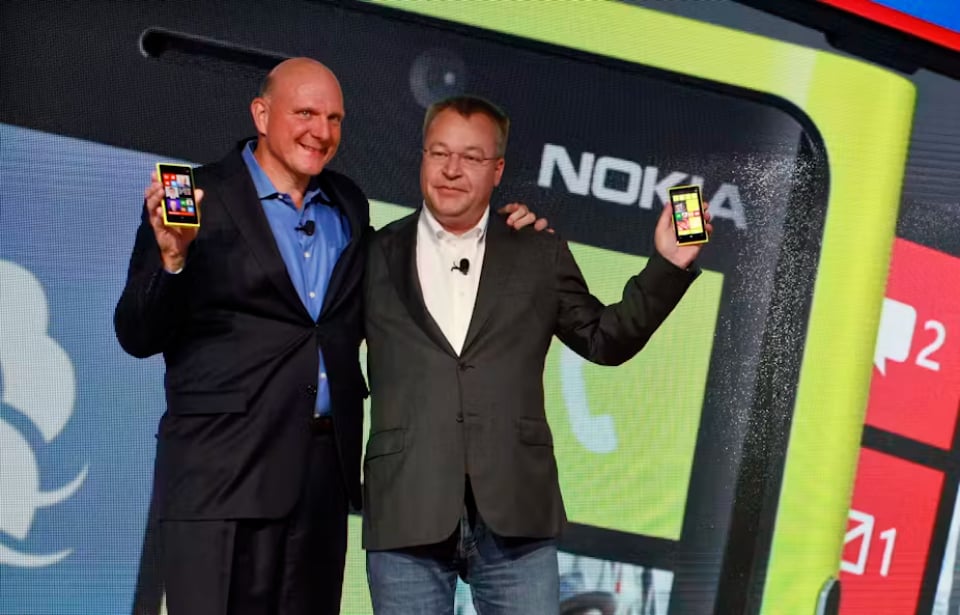
Stephen Elop was once considered a "Trojan horse" when he became CEO of Nokia.
The story begins around 2010, when Nokia, once a giant in the mobile phone industry, was unable to keep up with its Silicon Valley rivals. The Finnish company had pioneered many mobile technologies but was late to the smartphone game. Its outdated Symbian operating system couldn’t compete with the smooth iOS and Android software on the latest iPhones and Android devices. In fact, Symbian was also a difficult operating system to code for.
In what seemed like a desperate move, Nokia's board replaced the Finnish CEO with Stephen Elop, a former Microsoft employee. Almost immediately, Elop decided to abandon Symbian and bet Nokia's future on Microsoft's Windows Phone platform. Nokia hoped that focusing on hardware while Microsoft focused on software would help it recover. Sadly, Windows Phone was widely criticized as a lackluster operating system that didn't bring much profit to developers. They asked, "Why bother developing a third platform when iOS and Android are doing so well?"
In 2013, Microsoft decided to buy Nokia's entire handset business, and licensed many of its patents to the remaining Nokia division. The $7.2 billion price tag provided Nokia with a large cash infusion, while Microsoft was widely seen as overpaying for a rapidly aging asset.
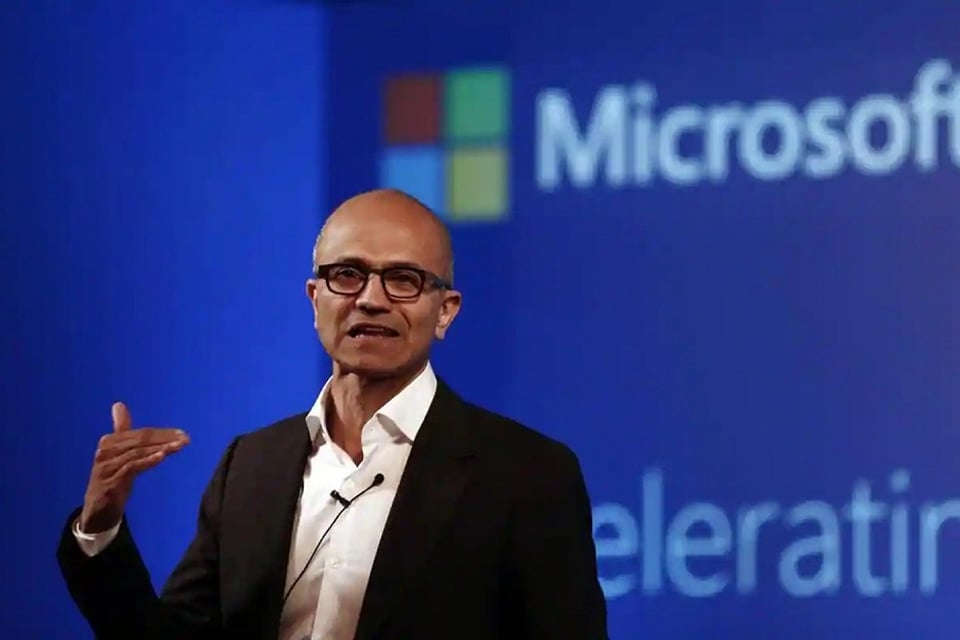
Satya Nadella's strategy has helped Microsoft come back strong
The acquisition brought Elop back to Microsoft as the new head of its devices division. But he didn’t last long, as Satya Nadella replaced Steve Ballmer as CEO of Microsoft in 2014. Nadella realized the mobile strategy was a failure and quickly began to wind it down. By July 2015, Nadella announced that Microsoft was taking a staggering $7.6 billion loss on the Nokia acquisition and decided to lay off 7,800 workers, mostly in the phone hardware division.
It was one of the biggest losses in the company's history. Once supposed to help Microsoft become a "devices and services" company, the Nokia deal simply highlighted how far behind Microsoft had fallen in the mobile race.
Microsoft has now shifted to a more cloud-centric focus under Satya Nadella. But more than a decade later, the Nokia debacle serves as a reminder that even giants can fall when they fail to keep up with tectonic shifts in technology.
Source: https://thanhnien.vn/bai-hoc-xuong-mau-trong-thuong-vu-microsoft-mua-nokia-185240510000044923.htm




![[Photo] Closing of the 11th Conference of the 13th Central Committee of the Communist Party of Vietnam](https://vstatic.vietnam.vn/vietnam/resource/IMAGE/2025/4/12/114b57fe6e9b4814a5ddfacf6dfe5b7f)


![[Photo] Overcoming all difficulties, speeding up construction progress of Hoa Binh Hydropower Plant Expansion Project](https://vstatic.vietnam.vn/vietnam/resource/IMAGE/2025/4/12/bff04b551e98484c84d74c8faa3526e0)
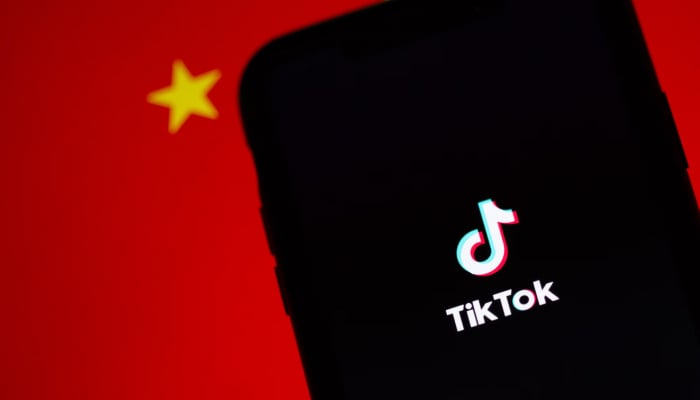

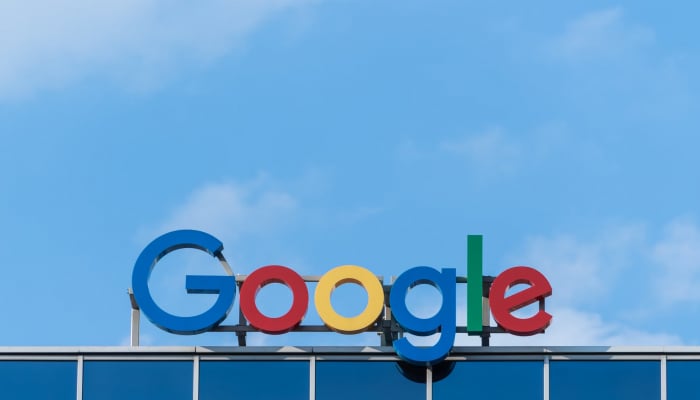




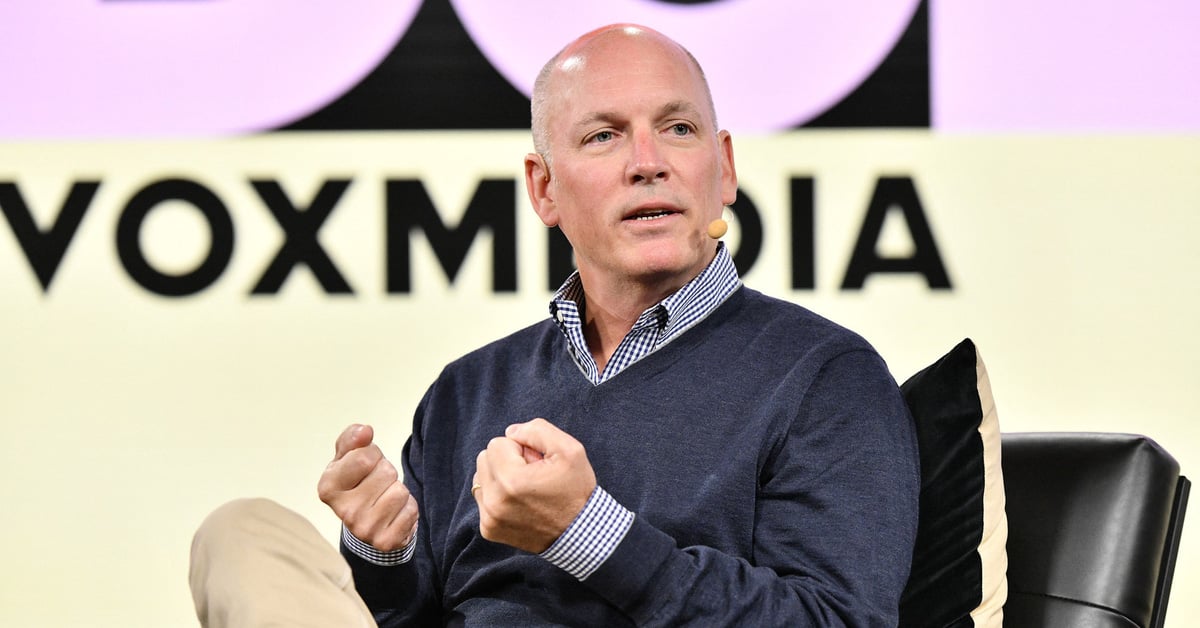

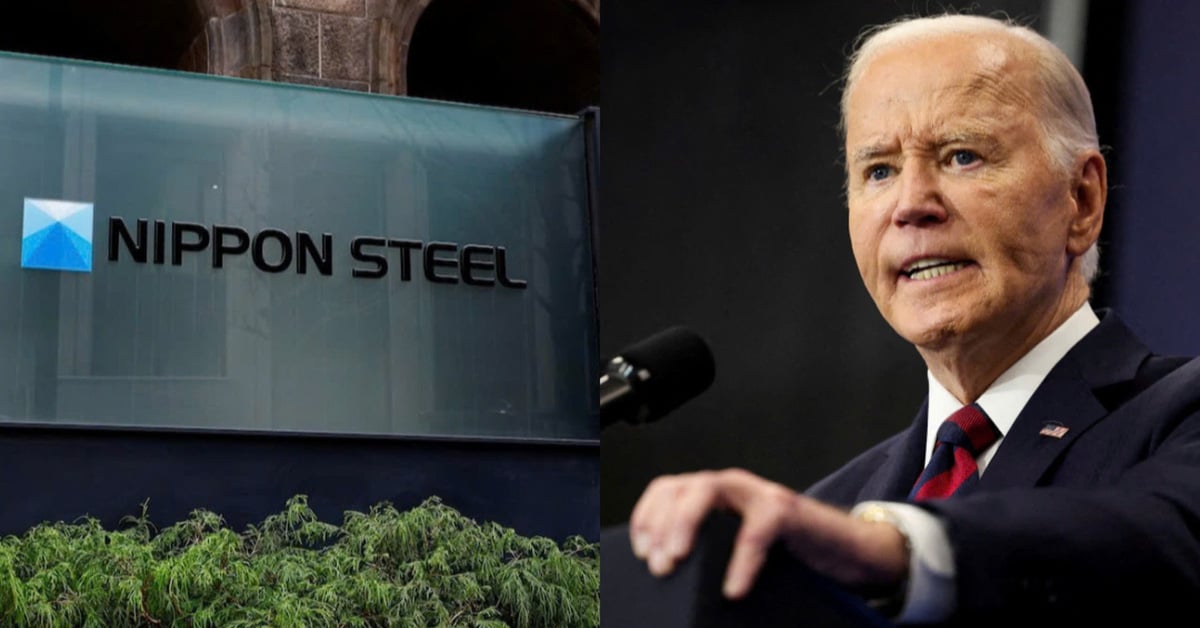
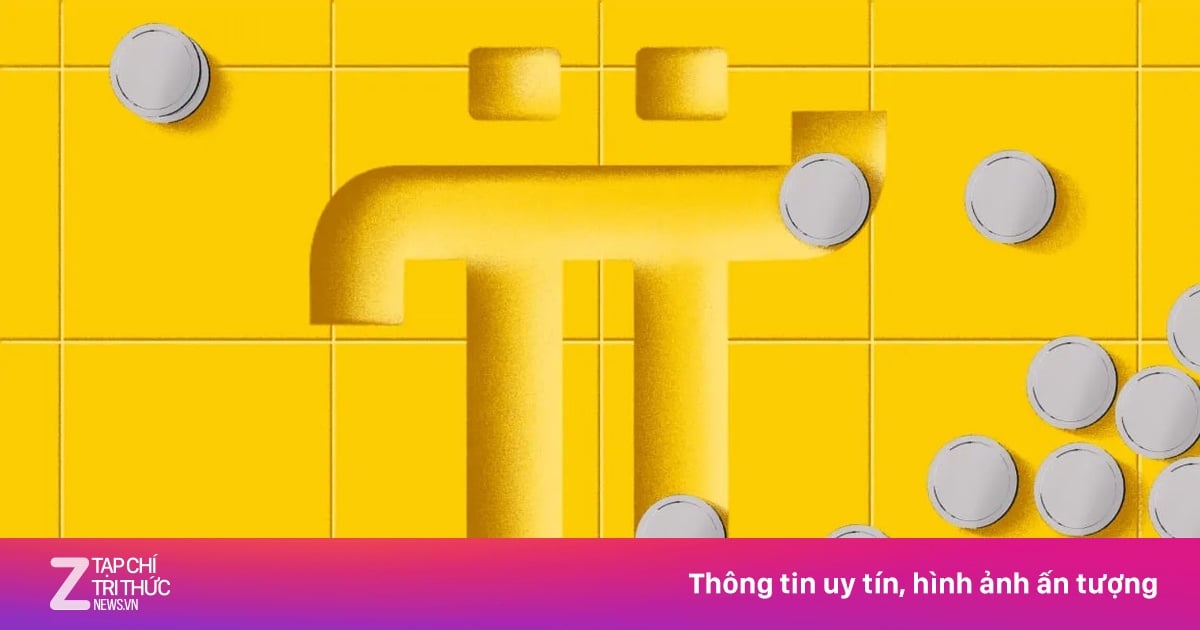

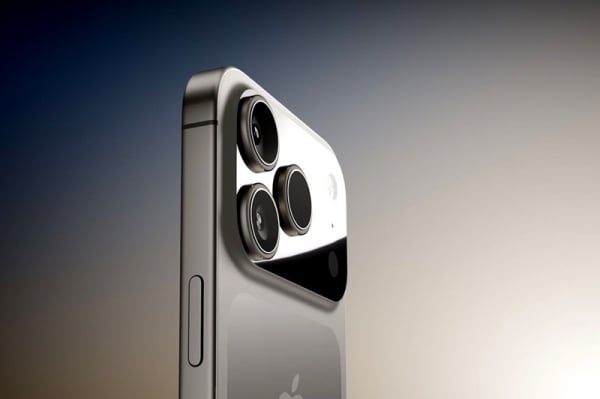
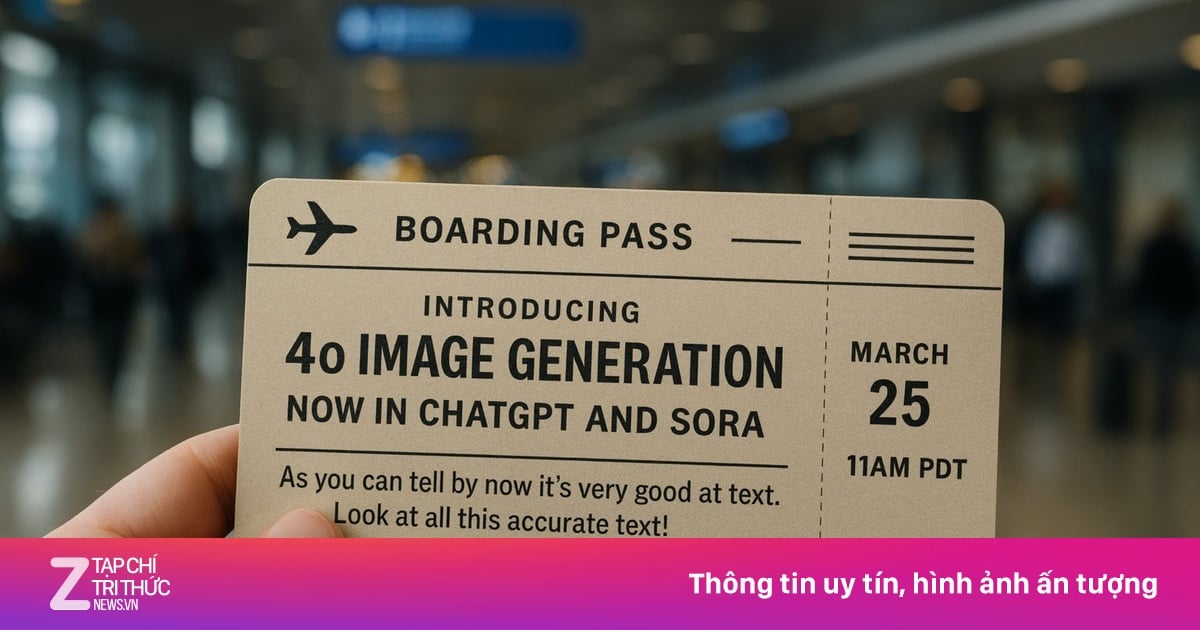

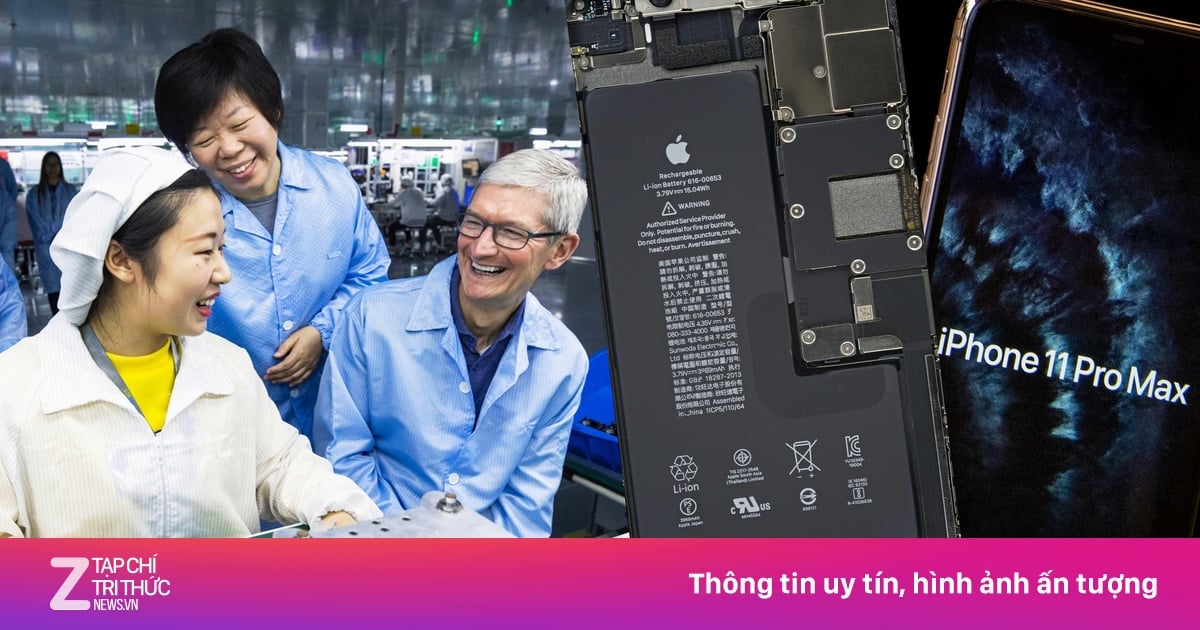







































































Comment (0)